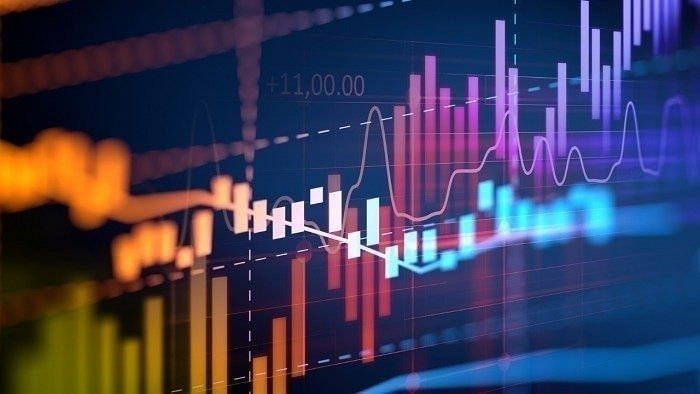

Brexit claimed its latest victim in Lizzie Truss who became the shortest-serving Prime Minister in the last 300 years! Her 45-day term had a shorter life than a head of lettuce (meme by The Daily Star though the honour for the comparison goes to Andrew Palmer from the much-vaunted Economist) with bookmakers offering odds on the crisphead (Coral odds of the British PM resigning were at 4/11 and yes, in the UK you can pretty much bet for/against almost anything including the shelf life of salad / Prime Ministers), the financial market lost their proverbial mind. There was a run on the sterling, bonds went haywire, and most UK assets started to trade at new lows.
Elsewhere, multifarious crisis continues afflicting global financial markets. See-sawing oil prices, stubborn global inflation, in no small part due to problems in the Russo-Ukrainian theatre or the Chinese Covid-19 response, have forced the US Fed to raise rates and the rest of the central banks to follow suit. Not that the Fed is getting anywhere close to taming price increases with rate hikes, nevertheless it is the only tool in their ‘arsenal’, so we are likely to see some more of these before stability reigns, and with that, a strengthening US dollar.
Unlike the sharply-partisan poll-bound-US and an increasingly recession-prone EU scrambling to contain energy bills, India hasn’t been too badly affected by the turmoil.
Other than trying to provide a gentle landing for the rupee, the RBI has not really been doing anything unexpected or drastic. While the Consumer Price Indices remain high, it is much worse than long-term averages hovering just under 8 per cent, and being a more consumption than an exporting economy, investors seem to have brushed off the bad news.
Corporate results too have been good with ITC-type laggard throwing up a surprise showing and banking sector celebrating off the back of a post-pandemic demand surge and higher-than-expected interest rates. Discretionary spends were reflected in the results of companies like United Spirits which reported a 17 per cent rise in their revenue.
Even the government has been playing ball by keeping fuel cost stable and backchanneling cheap (Russian) oil deals. This shows clearly in the VIX risk indicator (Google Finance Ticker INDEXNSE: INDIA_VIX) which is down 8.18 per cent for the month versus the US VIX (INDEXCBOE: VIX) which is up 6.18 per cent.
All this while the rupee plunged against the USD closing 3.47 per cent down at 82.8 while breaching the 83 levels last week.
This raises a few questions: where can investors look at opportunities in the volatility? And why has the rupee depreciation not helped sectors like IT where major earnings are from other countries?
Firstly, it would help to stick to asset class allocations but rebalance more frequently to take advantage of the volatility across asset classes. Secondly, for the IT sector, there is some order erosion but there is also a tremendous skill shortage as companies have pivoted to newer technologies and have different needs now.
Yet other exporters will see demand erosion which may not be adequately compensated by the fall in INR. Sectoral punts always have amplified volatility (read higher risk) and a simpler way to access would be to buy relevant headline (or segment) Exchange Traded Funds (ETFs) where available.
And no, the pandemic isn’t over by a long shot, betting on vegetables is not a good idea. Neither is sitting on the sidelines waiting for ‘clear trends’.
Stay invested, rebalance, and mask up: it will take care of two of the greatest risks we have seen in recent years.